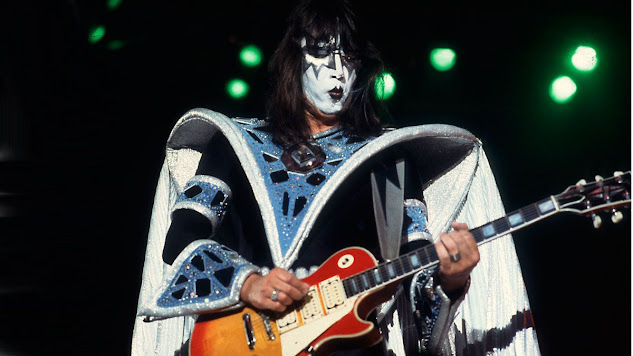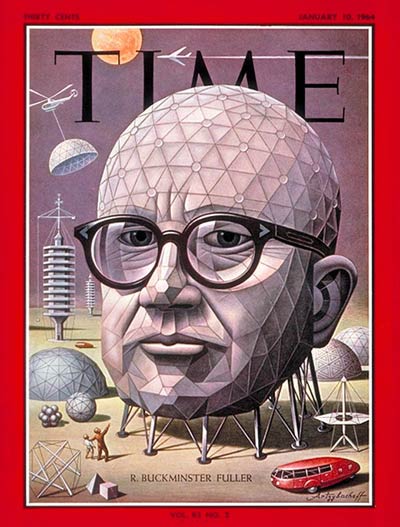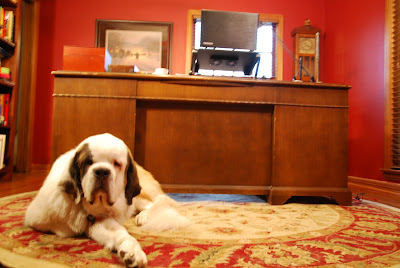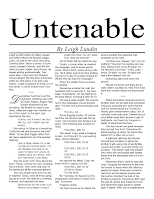New years are like new books.
“Well begun is half-done.”
You may have first heard or read this in either the book or film version of Marry Poppins, but it was the Greek philosopher and polymath Aristotle who first referenced what even he noted was in his time a proverb of long stand in day-to-day language. In other words, if you started out well, and things are cooking, you have momentum, and a great feel for what’s going to happen next, or maybe you’re just enjoying the ride. Either way, whether reading or writing, a great beginning is key to a great finish.
 |
| Yep, this guy, not Mary Poppins! |
At the risk of employing too many quotations too quickly, let me add another one: “The journey of 1000 miles begins with the first step.” And just as December is a time to take stock of the recently departed year, so is January so often the month of first steps.
Whether it be starting a new diet, or a new exercise regimen, a new term at school, a resolution to read more, a resolution to read less, a resolution to watch less TV, or to watch more TV, the combination of the new year, and the human predisposition to place outsized importance on arbitrarily designated beginnings and endings means that January is usually crammed with good intentions.
This is no less true in the writing community. And I’ll let you in on the one secret that successful writers have all figured out. Maybe it’s conscious on their part, or maybe it’s not. Either way, successful writers are successful because they write.
They don’t plan and plan and plan endlessly. They don’t set ridiculous goals. They don’t read a million books on how to write this or that way.
At the risk of sounding sappy or obvious, the writing journey is just that: a journey. I know this because I’ve been on it for a big chunk of my adult life. I started writing for intended publication back in the late ‘90s, and published my first book in 2005. And I have been as much a work in progress as has my writing during the intervening seventeen-plus years. Had I waited until I’d “developed and perfected my style” to get something published for pay, I’d still be waiting. So obviously, it’s my opinion that anyone who thinks they need to train train train, and then start writing for publication, has it exactly wrong
Writing, like any other art, requires dedication, persistence, and, of course, talent. The first two are not negotiable. They come from within, and only you can gauge your own limits in these two areas. The good news, such as it is, is that the third, since it's a skill, can be developed.
If you’re not especially talented, by dint of the first two (dedication and persistence), you can simply become more talented. Time for another quote. This one isn’t exact, but I think you’ll get the point:
“We weren’t very good when we first started out playing together, but when we went on tour that first time, we played three hundred dates over a calendar year. You play three hundred dates a year, you’re gonna get better.” - KISS guitarist Ace Frehley.
 |
| Yep, this guy. Note: not a KISS fan myself, but the wisdom in his quote above cannot be denied. |
What can I say? When you’re right, you’re right. The most talented unpublished writer I’ve ever met wrote a great first novel, got rejected by ten agents and gave up. Reversing the point of view of a jealous Salieri, I was thrown by this. I loved this guy’s book. And I told him so. Repeatedly.
My friend’s problem was that while enormously talented, and pretty dedicated, he wasn’t persistent. And of the three things all successful writers possess, the most important isn’t talent or dedication. It’s persistence.
I know authors who don’t possess the talent required to review the guy above‘s never-to-be-published book. I either don’t care for their work or just find it amateurish. And yet I call them “authors” because they’re published. Many of them multiply.
Because they were persistent.
One last thought: no matter who you are, no matter how talented or connected, experienced or not, just as with putting pants on one leg at a time, you’re going to experience the beginning of your next project the same way that Hemingway, Erica Jong, Toni Morrison, Aeschylus, Jane Austen and so many others throughout the course of history have.
We all experience the so-called “ tyranny of the blank page” in exactly the same way.
By staring at it.
How long you stare is up to you.
No one ever said beginnings were a piece of cake. After all, they’re beginnings.
Now, if you’ll excuse me, I have to go take that first step.
Happy New Year, and see you in two weeks!









.jpeg)
.jpeg)





















